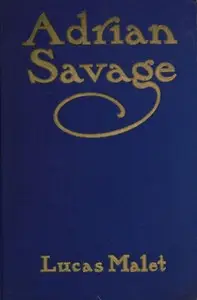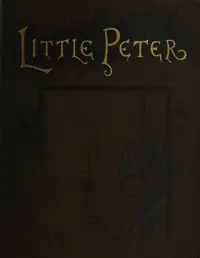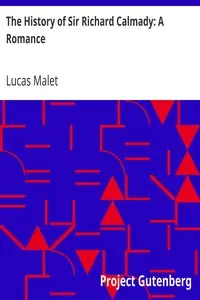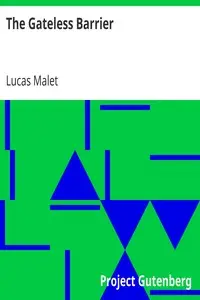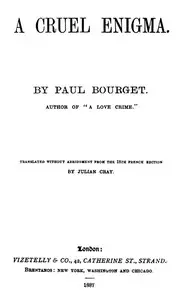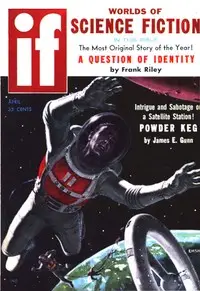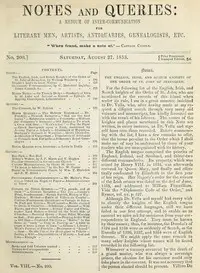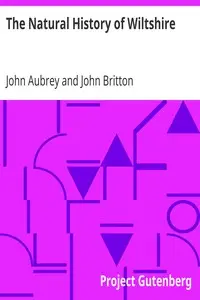"The Far Horizon" by Lucas Malet is a novel likely written in the late 19th century. The book centers on Dominic Iglesias, a middle-aged gentleman reflecting on his life and circumstances as he watches the twilight fade over Trimmer's Green in suburban London. Through his introspection, the novel explores themes of identity, societal expectations, and the tug between personal ambition and familial obligations. At the start of the story, Dominic Iglesias finds himself in a moment of transition after spending decades working as a clerk at a banking firm. The narrative captures his feelings of restlessness and uncertainty after he is given a chance to retire. Instead of savoring newfound freedom, he grapples with feelings of worthlessness in a world that seems indifferent to his existence. As he contemplates his solitude and the absence of meaningful connections, we are introduced to his past and the weight of his family history. The opening sets a tone of melancholy and introspection while suggesting that the larger themes of class dynamics, personal fulfillment, and the nature of happiness will likely pervade the narrative as it unfolds. (This is an automatically generated summary.)
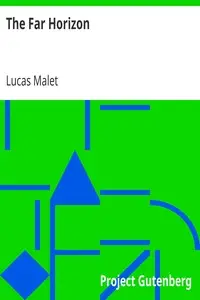
The Far Horizon
By Lucas Malet
"The Far Horizon" by Lucas Malet is a novel likely written in the late 19th century. The book centers on Dominic Iglesias, a middle-aged gentleman ref...
Lucas Malet was the pseudonym of Mary St Leger Kingsley, a Victorian novelist. Of her novels, The Wages of Sin (1891) and The History of Sir Richard Calmady (1901) were especially popular. Malet scholar Talia Schaffer notes that she was "widely regarded as one of the premier writers of fiction in the English-speaking world" at the height of her career, but her reputation declined by the end of her life and today she is rarely read or studied. At the height of her popularity she was "compared favorably to Thomas Hardy, and Henry James, with sales rivaling Rudyard Kipling." Malet's fin de siecle novels offer "detailed, sensitive investigations of the psychology of masochism, perverse desires, unconventional gender roles, and the body."

